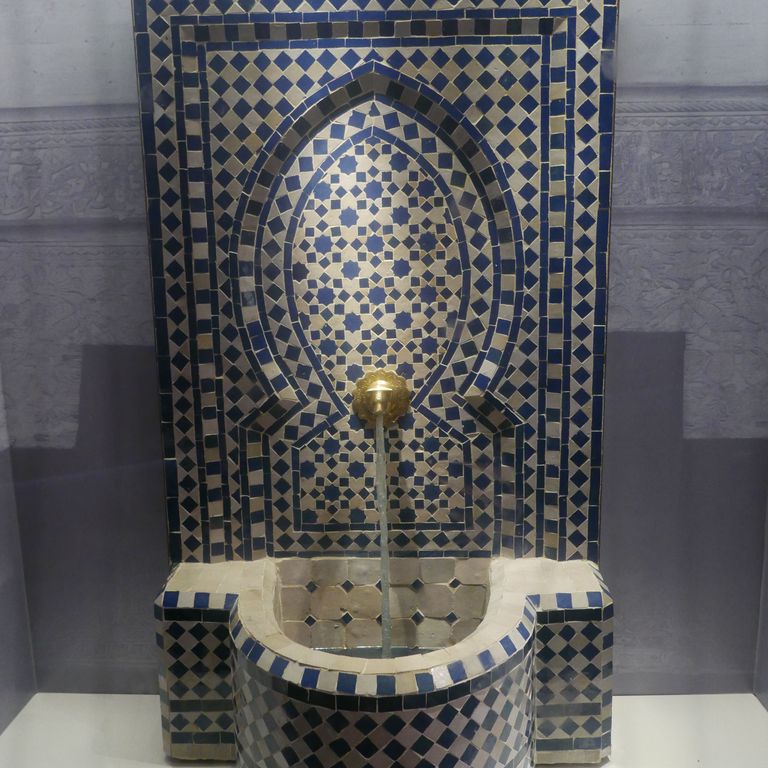Support for Circular Urban Water Management
Morocco's urban population has grown sixfold in recent decades, driving economic, social, and technological transformation. However, rapid urbanisation, combined with climate change and water stress, creates significant challenges for sustainable water resource management in cities. Translating water and climate objectives into urban planning is essential. The Circular Urban Water Management project aims to make urban water management more sustainable to address climate change and water scarcity. Focused on Tangiers and Marrakech, the project is implemented by the Dorsch Impact-NOVEC consortium in collaboration with the Moroccan Ministry of Regional Planning, Urban Development, and Urban Policy (MATNUHPV). The goal is to integrate innovative approaches into urban planning, treating water as a precious resource. Urban infrastructure will be adapted to meet water needs efficiently and reduce losses, with a participatory process involving authorities, businesses, and civil society.

Disciplines
- Skills and Economic Development
- Municipal Infrastructure
Client
Deutsche Gesellschaft für Internationale Zusammenarbeit (GIZ) GmbH
Duration
From 2024 to 2026
Location
Marrakech, Tangier , Morocco
Project Activities
Application of the national reference framework for the circular economy of water in two urban planning documents in Tangier and Marrakech.
Drawing up an urban vision of the circular water economy.
Analysis of the vulnerability and urban resilience of Marrakech and Tangier to water-related risks (drought and flooding) and to climate change.
Formulation of bankable circular water economy projects with a view to financing them using PPP formulas and/or with the support of international donors.
Development and extension of the Ministry of Urban Planning’s Geoportal and interoperability of the new database with the Geoportal.
Capacity-building for urban agencies, technicians and mixed groups of professionals, higher education institutes and civil society on integrating the circular economy of water management into urban development.
Contributing to the UN Sustainable Development Goals
We are committed to making a positive impact and supporting the UN Sustainable Development Goals (SDGs). This project contributes to the following SDGs: